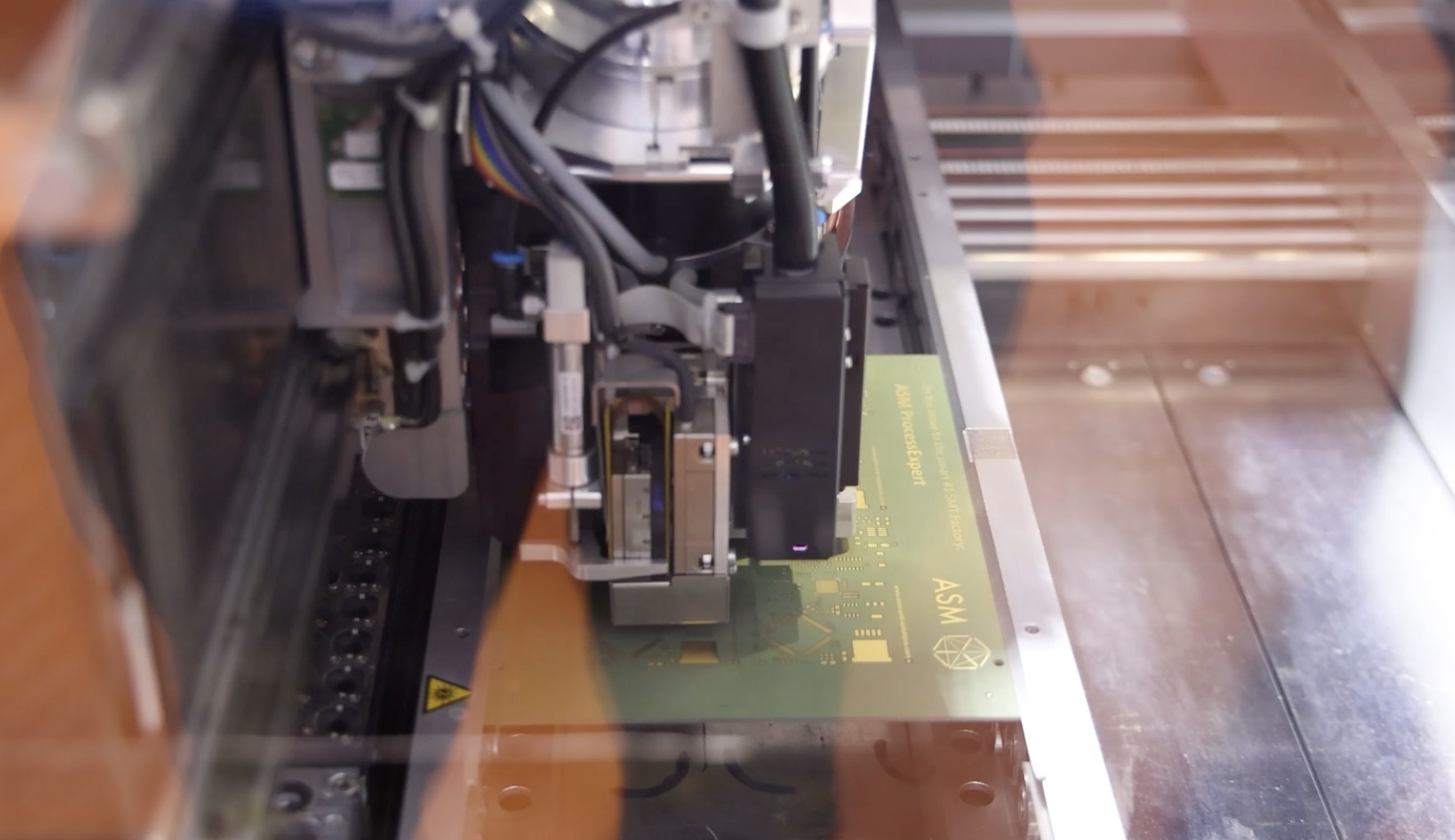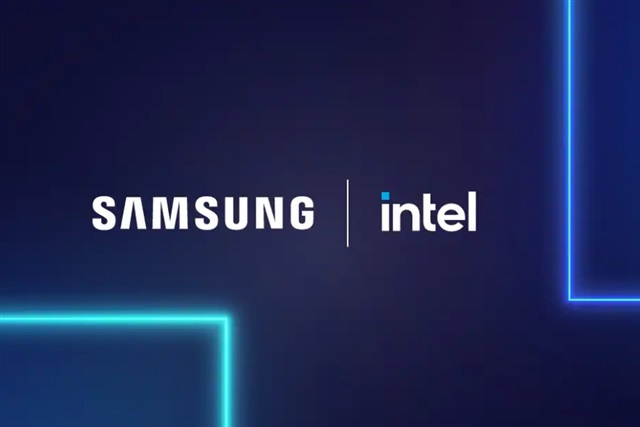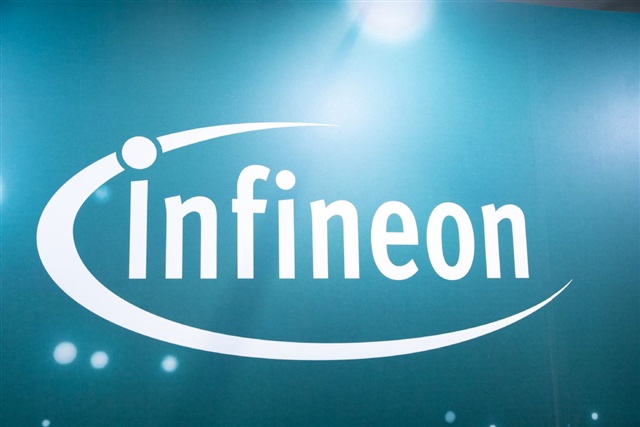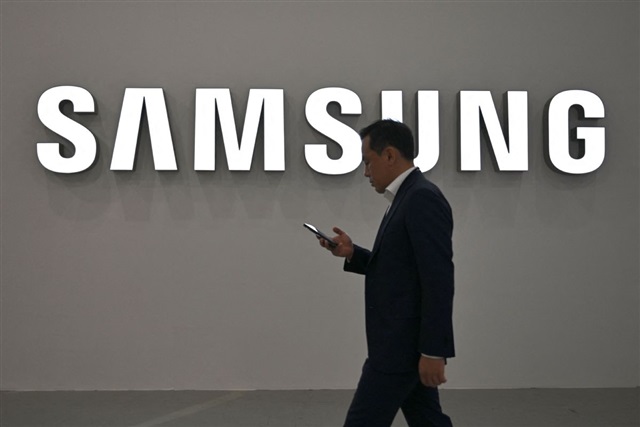According to news, according to industry sources, China's Taiwan foundry World Advanced is in talks with Qualcomm, MPS, ADI and other potential customers for orders for power management ICs. These customers are looking to shift orders from their foundries in mainland China after the U.S. introduced a series of new export restrictions.
According to Taiwan's Electronic Times, the foundry's long-term growth prospects remain strong, despite short-term macro headwinds that pose a challenge to World Advanced's operations.
Earlier World Advanced Chairman and General Manager Fang Liao talked about the impact of U.S. export controls at a legal conference, and he believes that it currently appears to be in advanced processes and AI, HPC applications such as 16nm and even more advanced processes, so there is no negative impact on the company in the short term. At the same time, there are IDM companies in some cases to transfer part of the foundry to the world advanced, from the special process related to Power to mature processes have felt the relevant demand, so the overall opportunity outweighs the negative impact.
It is reported that the world advanced currently has five eight-inch fabs, located in Taiwan, China and Singapore. World Advanced continues to expand eight-inch wafer foundry capacity, with an average monthly capacity of about 241,000 8-inch wafers in 2021.
source:aijiwei

Stay up to date with the latest in industry offers by subscribing us. Our newsletter is your key to receiving expert tips.

Samsung is reportedly evaluating a potential European semiconductor expansion alongside its South Korea and US manufacturing base, as the region tightens local production requirements and Germany seek

Given frequent price increases across precious metals, wafer foundry services, and packaging and testing, Infineon's announcement of price increases is very telling for the market. The company wil

Nvidia has recently signaled to Samsung Electronics that it hopes to secure early deliveries of sixth-generation high-bandwidth memory, known as HBM4. At the same time, as memory makers devote an incr